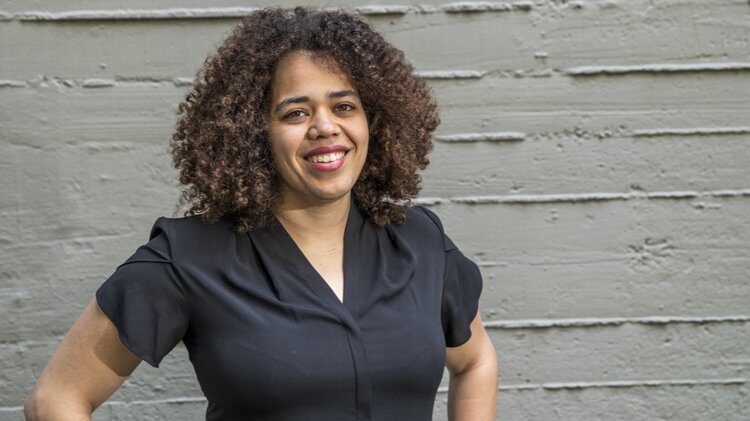
- This event has passed.
Sarah Richardson – How to Win Friends and Influence Bacteria | GES Colloquium (Zoom)

GES Colloquium Home | Zoom Registration | GES MediaSite | Video Archives | Podcast | @GESCenterNCSU | Newsletter
How to Win Friends and Influence Bacteria
Bespoke Bacteria for Biomanufacturing
Speaker: Sarah Richardson, PhD, CEO at Microbyre
Website | Twitter @TheGermWrangler, @microbyre
Description: Bacteria rule the planet and we are going nowhere without their blessing.
Abstract
Humans practically have been domesticating organisms since before recorded memory. Why do a job when you can just pay room and board for someone else to do it? Over hundreds and hundreds of years we have recognized the innate skills of our planetary cohabitants, and then made them offers they couldn’t refuse. The people who gave us cattle, corn, and cats worked for centuries without the title they deserve: Bioengineer. Their tool was domestication, and it was the most ambitious and successful genetic modification program in human history.
Why have we stopped this success parade at microbes? There is one bacteria safe enough for American high-schoolers to “train,” and a handful more an expert could work with, and then THOUSANDS more that we depend on for our very existence but do not grow in the laboratory – and thus cannot communicate with at all. We have an empty barn, a handful of tame to feral bacteria to press into every biomanufacturing job we dream up. We would never ask a goat to catch and eat barn mice, but we frequently ask E. coli to do all sorts of outlandish things. It is a big lift for a gut microbe with a sweet tooth. It is all too frequently an impossible lift.
A re-examination of the analogies of “synthetic biology” is in order. Question every assumption.
Speaker Bio
Dr. Sarah Richardson – Sarah is a computationally inclined microbiologist and science communicator: she speaks charmingly to computers, bacteria, and people. She grew up in West Baltimore, and after training at the Johns Hopkins School of Medicine and the Department of Energy’s Lawrence Berkeley National Laboratory she founded the biotech startup MicroByre. She leads a skilled and diverse team in the construction of genomic toolkits for non‐model prokaryotes — MicroByre coaxes wild bacteria into becoming domesticated bacteria. Trained to straddle disciplines, she has a very unique perspective on the emerging technologies made possible by synthetic biology.
WordPress database error: [Unknown column 'wp_tec_occurrences.start_date' in 'SELECT']SELECT SQL_CALC_FOUND_ROWS wp_posts.*, CAST( wp_tec_occurrences.start_date AS DATETIME ) AS event_date
FROM wp_posts LEFT JOIN wp_term_relationships ON (wp_posts.ID = wp_term_relationships.object_id) LEFT JOIN wp_postmeta ON ( wp_posts.ID = wp_postmeta.post_id AND wp_postmeta.meta_key = '_EventHideFromUpcoming' ) LEFT JOIN wp_postmeta AS mt1 ON ( wp_posts.ID = mt1.post_id )
WHERE 1=1 AND wp_posts.ID NOT IN (15046) AND (
wp_term_relationships.term_taxonomy_id IN (521,802)
OR
wp_term_relationships.term_taxonomy_id IN (45,47)
) AND (
wp_postmeta.post_id IS NULL
AND
( mt1.meta_key = '_EventStartDate' AND CAST(mt1.meta_value AS DATETIME) >= '2026-02-26 14:37:25' )
) AND wp_posts.post_type IN ('post', 'page', 'attachment', 'tribe_venue', 'tribe_events', 'tribe_event_series') AND ((wp_posts.post_status = 'publish'))
GROUP BY wp_tec_occurrences.occurrence_id
ORDER BY event_date ASC, wp_posts.post_date ASC
LIMIT 0, 3